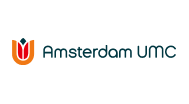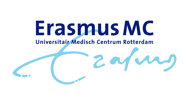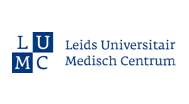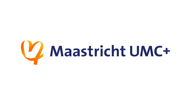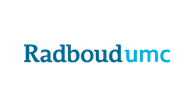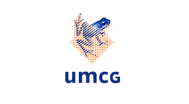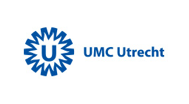ROBIJN
With their unique integration of healthcare, research and education, the umcs are eminently suitable to supply specialist healthcare. This healthcare is not purchased and reimbursed by insurers. How are these treatments paid and accounted for? The NFU developed the ROBIJN project to answer this question.
Budgetting
Each year 400,000 to 500,000 patients come to the umcs for specialist healthcare. This is care for which there is not yet any treatment, and it is closely associated with innovation and research. They can also be patients with multiple conditions at the same time, which makes the treatment much more difficult. Or there is a large number of medical specialists involved in the treatment. It is always one-of-a-kind healthcare. For this purpose, the umcs receive the Academic Care Availability Contribution (BBAZ). That is a sum amounting to 8 - 9% of the revenue of the umcs. Umcs receive a set amount per year. The amount is set by the Ministry of Health, Welfare and Sport (VWS) and the Dutch Healthcare Authority (NZa). With that sum, the umcs guarantee that all the specialist patients in the Netherlands can come to them. They consider them their joint responsibility. For example, they set up facilities and trained personnel when the risk arose that Ebola patients might arrive in the Netherlands. They pay for these sorts of activities from the Academic Care Availability Contribution.
Accountability
Accounting for the cost of this specialist healthcare is very complex. Sometimes the facilities and treatments are evident. But usually this concerns only a small part of healthcare, making it difficult to specify exactly where standard academic healthcare ends and specialist healthcare begins. And it is always unique patients, or small groups of patients, who are involved. In the past years, the NFU developed a method, with the ROBIJN project, in collaboration with the Dutch Healthcare Authority, to identify these patients and healthcare, the so-called ‘label system’. This system is now being used by the NZa to set the amount of the BBAZ and for the accountability for these sums for each umc. The method has been established in the NZa policy ruling BBAZ and its clarification.


